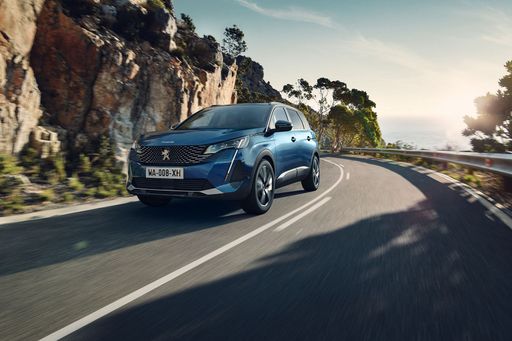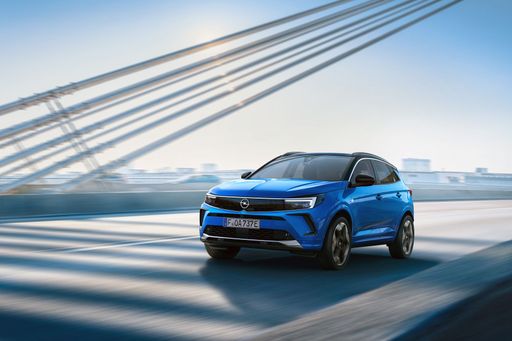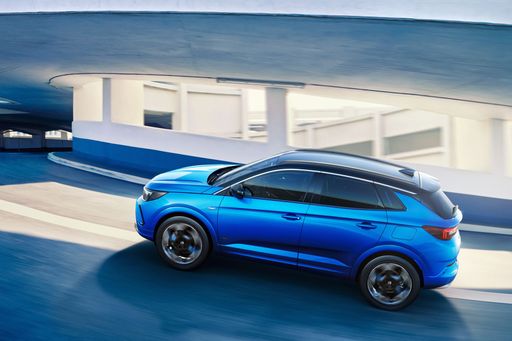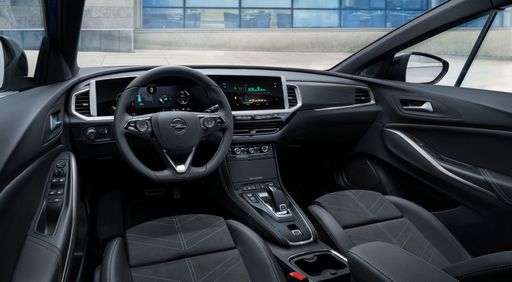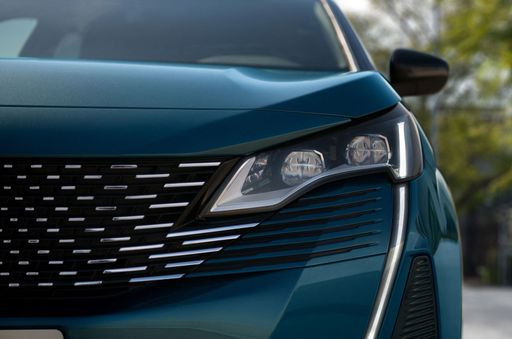Opel Grandland vs. Peugeot 5008: A Comprehensive Comparison
The crossover SUV market has gained immense popularity, offering practicality, comfort, and style for families and adventure-seekers alike. Among the front-runners in this segment are the Opel Grandland and the Peugeot 5008. Each vehicle brings its own unique attributes to the table, making the choice between them a challenging one. In this article, we’ll delve into the technical aspects and innovations of both models, helping you determine which SUV reigns supreme.

